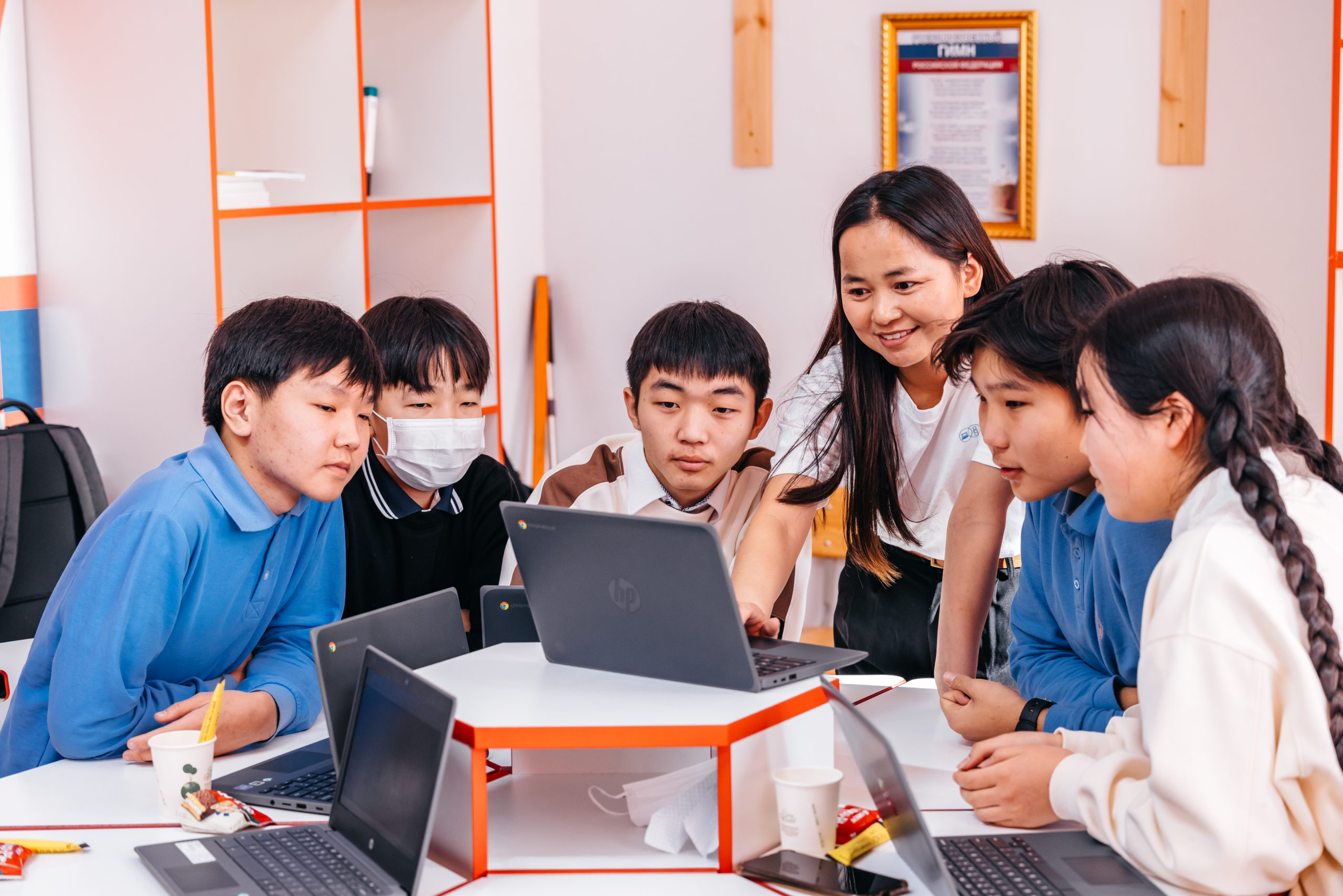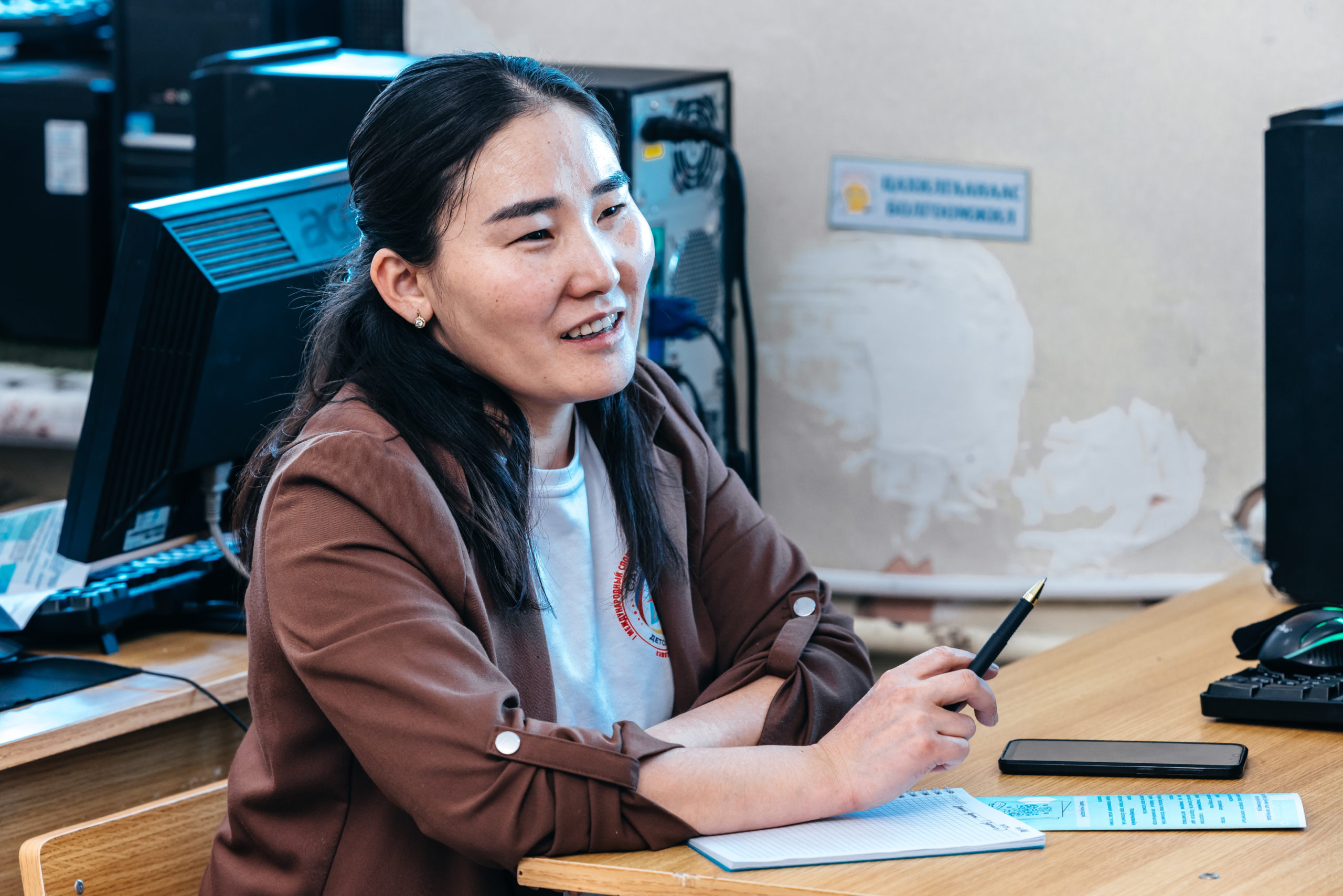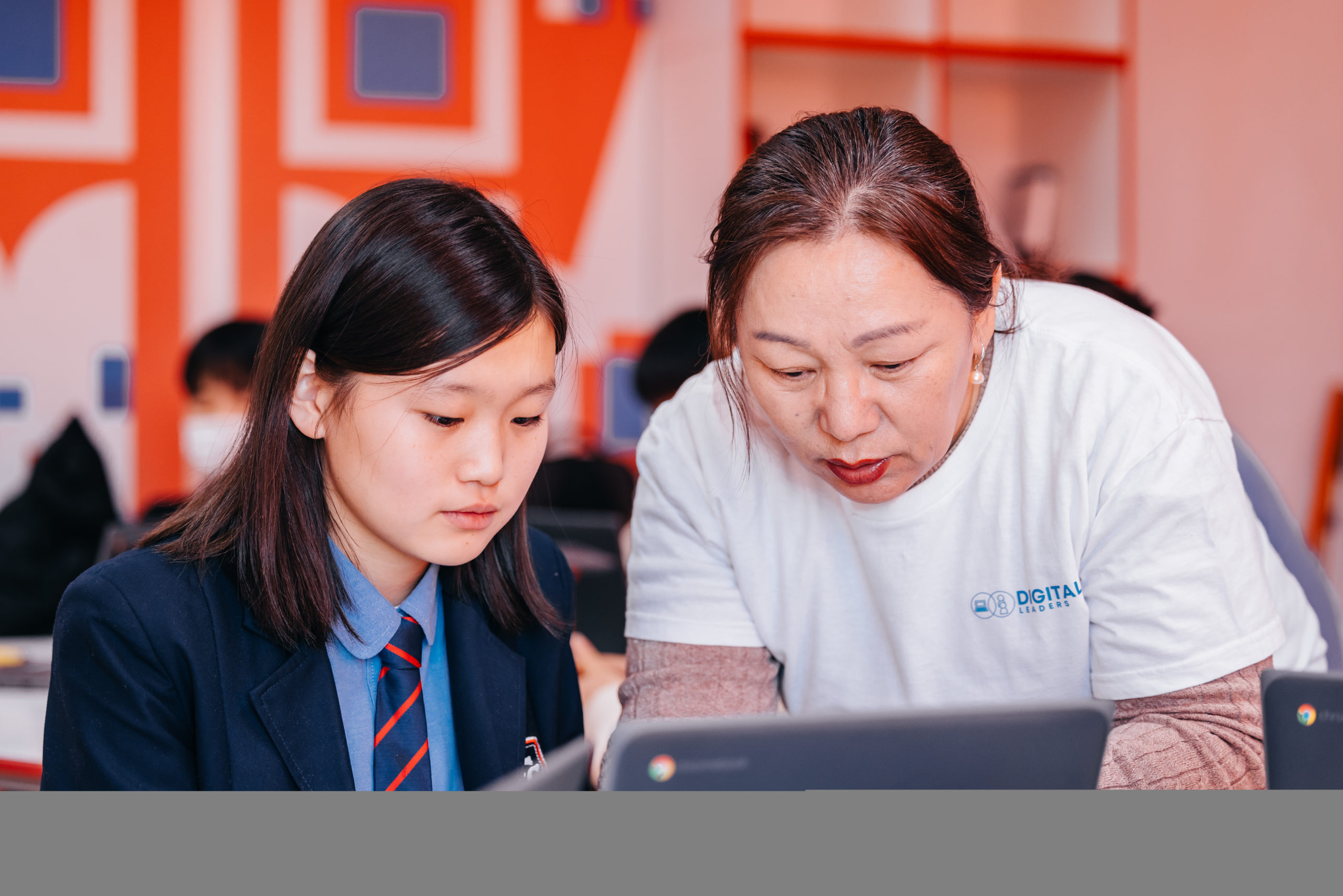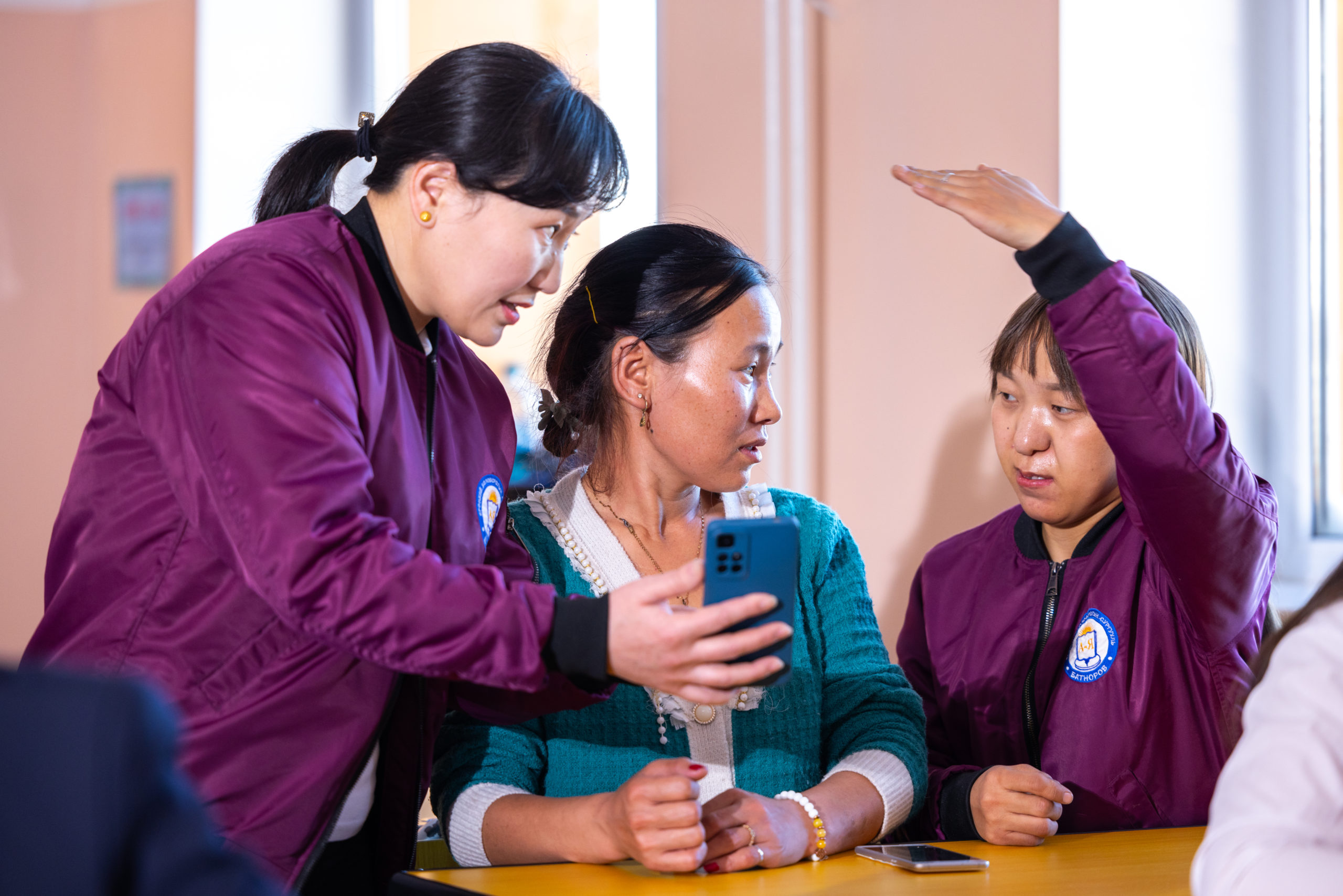
Empowered Schools
Advancing Digital Transformation in Education

Advancing digital transformation in education is a national priority for Mongolia, aiming to ensure equitable access to quality learning for all students. Schools in Mongolia have made important strides by integrating global and national learning platforms into classrooms.
Yet many continue to face basic infrastructure challenges such as unreliable internet connectivity and limited technical support, hindering the consistent and effective use of these platforms.
To help address these barriers, the government of Mongolia joined Giga, a joint ITU and UNICEF initiative, supporting governments to connect every school to the internet by 2030 and every young person to information opportunity and choice.


Mongolia demonstrates how empowering teachers with digital skills can strengthen school connectivity, improve community digital literacy and support national digital transformation.

By joining the Giga initiative, Mongolia has enabled all its schools to use the Giga Meter app. Digital Community Information workers install the app in a simple, non complicated way, through which school connectivity data is automatically transmitted to a centralized database (Giga Maps).
Giga Meter, designed to allow school administrators to monitor and visualize the quality of their institution’s connectivity, lays the groundwork for data driven improvements in school connectivity.
This helps to empower schools to take control of their connectivity, enabling real-time monitoring, and equipping teachers with the skills to troubleshoot issues and strengthen school connectivity.




